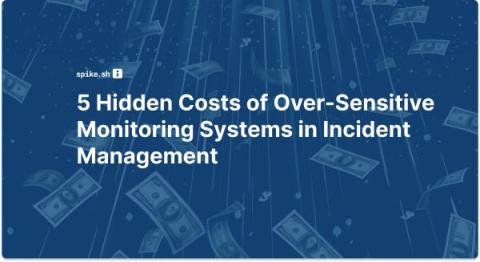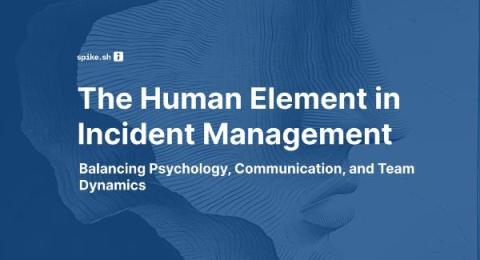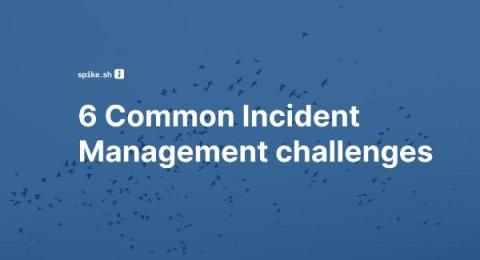How StatusIQ enhances the digital user experience for ManageEngine users
Picture this scenario: Your user is accessing a critical service online, and suddenly, they view an unresponsive webpage. The anxious user contacts the support desk multiple times via phone, email, and chat and gets frustrated when they do not receive clear communication. In such dire situations, organizations often fail to communicate with users about what is happening.










